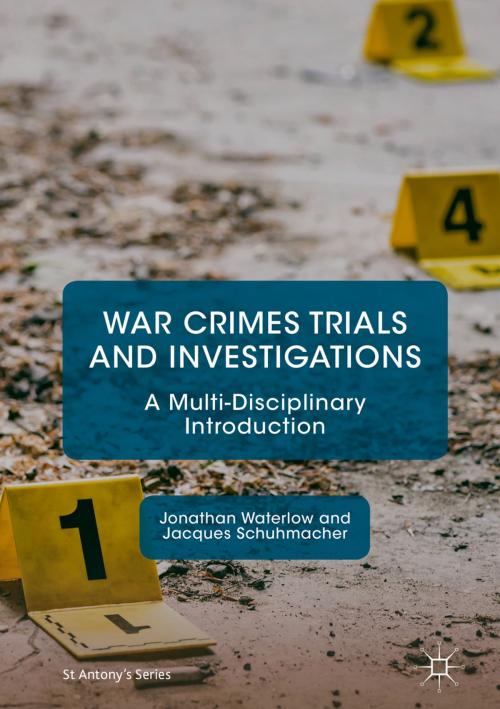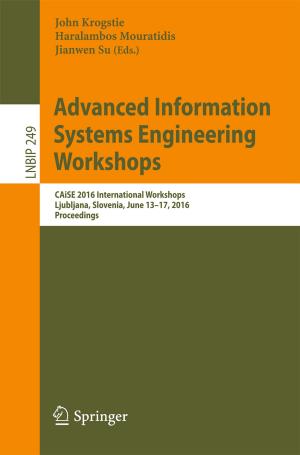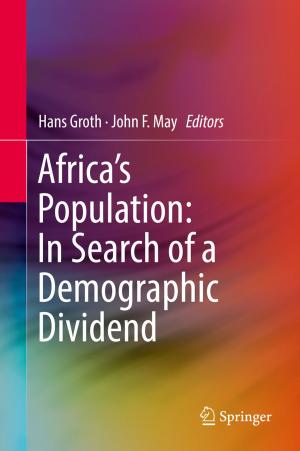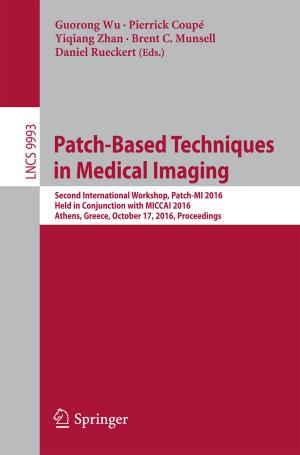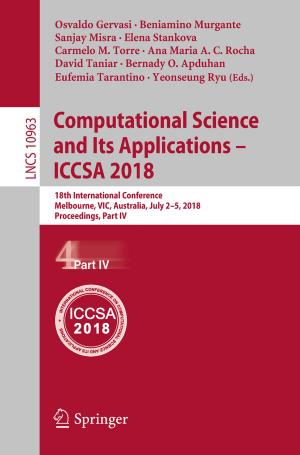War Crimes Trials and Investigations
A Multi-Disciplinary Introduction
Nonfiction, Social & Cultural Studies, Social Science, Crimes & Criminals, Criminology, Anthropology| Author: | Jonathan Waterlow, Jacques Schuhmacher | ISBN: | 9783319640723 |
| Publisher: | Springer International Publishing | Publication: | January 31, 2018 |
| Imprint: | Palgrave Macmillan | Language: | English |
| Author: | Jonathan Waterlow, Jacques Schuhmacher |
| ISBN: | 9783319640723 |
| Publisher: | Springer International Publishing |
| Publication: | January 31, 2018 |
| Imprint: | Palgrave Macmillan |
| Language: | English |
This book represents the first multi-disciplinary introduction to the study of war crimes trials and investigations. It introduces readers to the numerous disciplines engaged with this complex subject, including: Forensic Anthropology, Economics and Anthropometrics, Legal History, Violence Studies, International Criminal Justice, International Relations, and Moral Philosophy. The contributors are experts in their respective fields and the chapters highlight each discipline’s major trends, debates, methods and approaches to mass atrocity, genocide, and crimes against humanity, as well as their interactions with adjacent disciplines. Case studies illustrate how the respective disciplines work in practice, including examples from the Allied Hunger Blockade, WWII, the Guatemalan and Spanish Civil Wars, the Former Yugoslavia, and Uganda. Including bibliographical essays to offer readers crucial orientation when approaching the specialist literature in each case, this edited collection equips readers with what they need to know in order to navigate a complex, and until now, deeply fragmented field. A diverse and interdisciplinary body of research, this book will be indispensable reading for scholars of war crimes.
This book represents the first multi-disciplinary introduction to the study of war crimes trials and investigations. It introduces readers to the numerous disciplines engaged with this complex subject, including: Forensic Anthropology, Economics and Anthropometrics, Legal History, Violence Studies, International Criminal Justice, International Relations, and Moral Philosophy. The contributors are experts in their respective fields and the chapters highlight each discipline’s major trends, debates, methods and approaches to mass atrocity, genocide, and crimes against humanity, as well as their interactions with adjacent disciplines. Case studies illustrate how the respective disciplines work in practice, including examples from the Allied Hunger Blockade, WWII, the Guatemalan and Spanish Civil Wars, the Former Yugoslavia, and Uganda. Including bibliographical essays to offer readers crucial orientation when approaching the specialist literature in each case, this edited collection equips readers with what they need to know in order to navigate a complex, and until now, deeply fragmented field. A diverse and interdisciplinary body of research, this book will be indispensable reading for scholars of war crimes.
